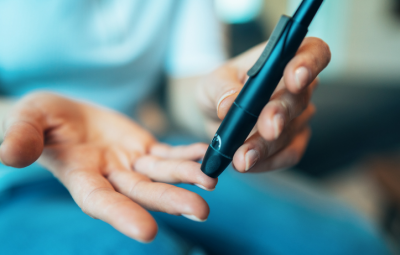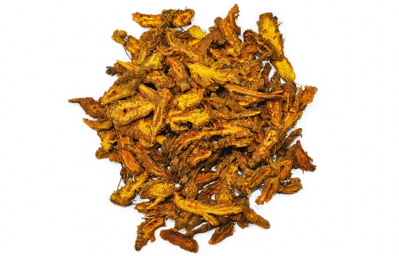Probiotics and Type 1 diabetes: Supplementation along with insulin improves outcomes – RCT

Beneficial strains include Lactobacillus salivarius subsp. salicinius AP-32, L. johnsonii MH-68, and Bifidobacterium animalis subsp. lactis CP-9, said the researchers.
The increase in beneficial gut microbiota was found to improve glycaemic control, reduce inflammation-related cytokines and increase the levels of inflammation-related cytokines in T1DM patients.
These results were documented in a paper titled “Adjuvant Probiotics of Lactobacillus salivarius subsp. salicinius AP-32, L. johnsonii MH-68, and Bifidobacterium animalis subsp. lactis CP-9 Attenuate Glycemic Levels and Inflammatory Cytokines in Patients With Type 1 Diabetes Mellitus” published in the journal Frontiers in Endocrinology.
“Previous studies have discovered that probiotic strains in the gut play essential roles in host immune regulation. However, few clinical results demonstrated that probiotics could actually attenuate glycated haemoglobin (HbA1c), along with inflammatory cytokine levels of the T1DM patients and analysed their gut microbiota profile at the same time,” said the researchers.
Therefore, they embarked on conducting a randomised, double-blind, placebo-controlled trial on T1DM patients aged between six and 18 years old at the China Medical University Hospital.
A total of 27 patients were given probiotic capsules alongside insulin injection daily for six months, whereas another 29 patients were given solely insulin injections or also referred to as the placebo group.
The researchers measured their fasting blood glucose and HbA1c, while the serum levels of inflammatory and anti-inflammatory cytokines were analysed using enzyme-linked immunosorbent assays (ELISA).
Findings
After the consumption of probiotics, the subjects’ gut microbiota changed, for instance there was an increase of Bifidobacterium comprising 24.59% of the total gut flora compared to the placebo group at 22.52%.
There was also significantly reduced fasting blood glucose compared to the period before intervention.
The probiotic group’s average baseline fasting blood glucose before intervention was 185.4mg/dL, whereas the placebo’s was 172.2 mg/dL. The average HbA1c was 9.3% for the probiotic group, while the placebo’s amounted to 9.5%.
After the six-month intervention, the average blood glucose for the probiotics group decreased to 161.9 mg/dL and the HbA1c levels decreased to 8.5%. However, the placebo group’s HbA1c levels maintained at 9.5%.
Based on the results, probiotics can effectively reduce the excessively high blood glucose and glycated haemoglobin in T1DM patients.
Levels of inflammatory cytokines were also significantly reduced after the probiotic intervention. These cytokines have previously been implicated in the development of the T1DM disease.
According to the study, the persistent effect of the glycaemic control and immunomodulation had been observed even three months after the probiotics intervention was discontinued.
These results mean that beneficial microbiota may be crucial to reduce glucose and HbA1c levels in T1DM patients. The reason is gut microbiome and their metabolites affect intestinal permeability, molecular mimicry, and modulating the immune system.
The results also demonstrated the correlation between improved cytokine levels and declined glycaemic rate in T1DM patients.
Therefore, probiotics may play an important role in reducing immune inflammatory cytokines and glycaemic control.
Based on this study, conventional T1DM therapy of insulin with probiotics may reduce T1DM symptoms and show better treatment outcomes.
“The results of this study render a prospective therapeutic option for clinical T1DM treatment,” said the researchers.
This study was supported by grants from the China Medical University Hospital and Asia University Hospital.
Source: Frontiers in Endocrinology
“Adjuvant Probiotics of Lactobacillus salivarius subsp. salicinius AP-32, L. johnsonii MH-68, and Bifidobacterium animalis subsp. lactis CP-9 Attenuate Glycemic Levels and Inflammatory Cytokines in Patients With Type 1 Diabetes Mellitus”
DOI: 10.3389/fendo.2022.754401
Authors: Wang C.H et al














